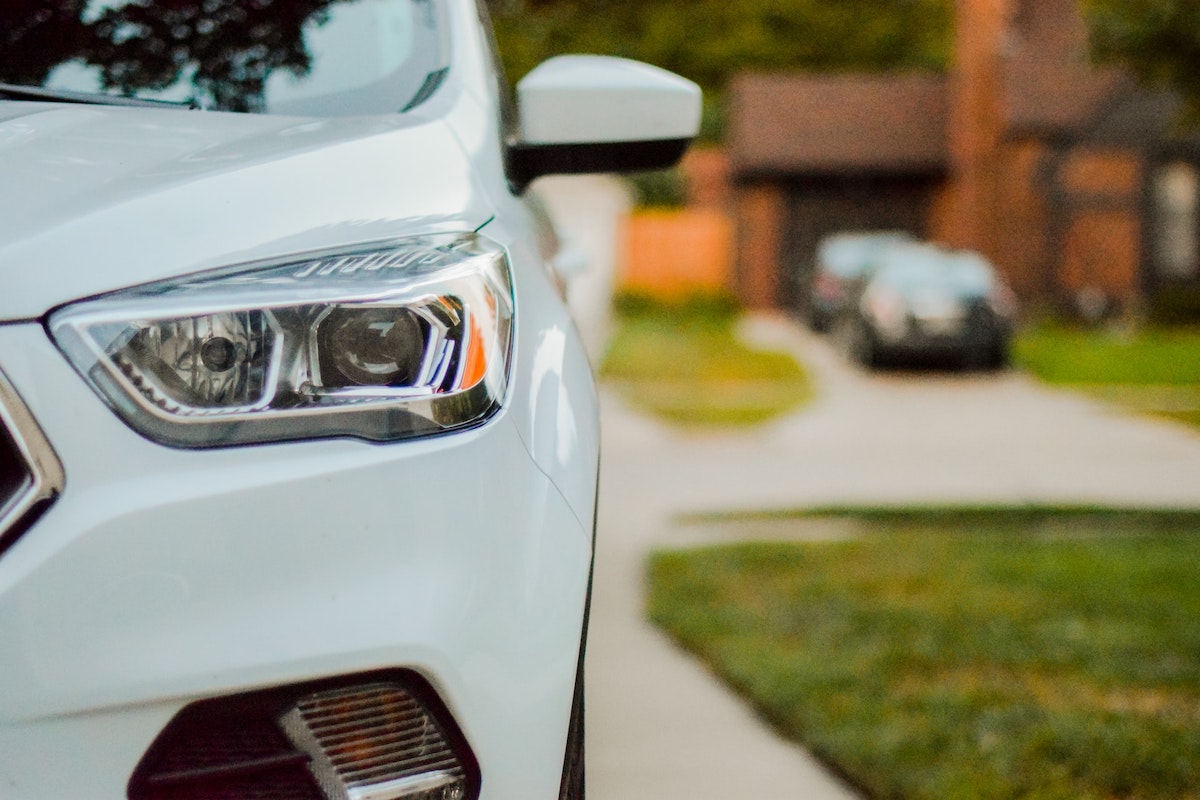Mishaps occur, and it is when insurance protects our finances when some random disaster strikes. Whether it’s your fault or not, vehicle insurance should cover you. This article explores vehicle insurance and recommendations for picking the correct coverage.
Why need car insurance?
Car insurance is expensive in some states. Don’t opt out to save money, because leaving it to fate could cost you extra if you’re in an accident or your car is damaged without your fault. To secure yourself without overspending, learn how to get the correct insurance for your vehicle and how to choose a decent insurance company if an accident occurs.
What is no deposit car coverage in UK?
In the United Kingdom, car insurance is just a legal requirement if you want to drive on public roads. There are many different insurers to choose from, and they all offer different levels of coverage. One thing that some insurers advertise is “no deposit car insurance.” However, this is simply a marketing strategy used to promote policies with monthly payments.
In reality, there is no such thing as no deposit car coverage; before you can be insured, you must always make a payment. This payment may be called a premium, excess, or deductible, and it is usually paid monthly.
Read the terms and conditions or policy documents thoroughly to determine what you must pay and when. By understanding the true nature of no deposit car insurance, you can make an informed decision about the best policy for your needs.
Liability Coverage
Personal injury or liability insurance is a key component of an insurance package. Every state requires liability insurance. Lack of liability insurance can result in licence suspension, penalties, and jail time, based on where you reside. Homeowners ride under their own discretion and are liable for car damage.
Liability covers personal injury and property harm. One covers accident-related injuries and the other property damage. Both shield you from accident-related litigation.
Uninsured drivers
Most at-fault drivers are uninsured, according to 2021 Insurance Research. That’s 4% of UK drivers. 1 million uninsured drivers caused billions of damages to the UK.
Lesson: Don’t assume other drivers have the same insurance as you. It’s tough to pay for a premium and deductible for another person’s error, but it’s better than losing your car.
Car wrecks
When choosing insurance, consider the worst-case situation. How about if your vehicle is totaled? If you’re not at fault, another driver’s coverage pays for the car.
Other events and natural disasters can potentially damage your car. In some circumstances, only your insurance will do. If this happens, you should have adequate coverage to fix or replace your car.
- Collision coverage can help pay for accident-related damages.
- Comprehensive insurance can cover costs for other than accident-related damages such as branch tree falls and hailstorm damages to your car.
Getting Stuck
Mechanical, electrical, and rubber parts make up a vehicle. Sometimes you can’t prevent things from going wrong. Towing and renting coverage might help you plan for such eventualities. This could save you money on annual towing club fees. Check your credit card’s terms and conditions for roadside assistance and towing.
Vehicle Insurance cost
Vehicle insurance is a required cost. It’s crucial to know what your insurance premiums cover. Expensive car insurance isn’t always better. Paying less for vehicle insurance doesn’t ensure adequate coverage. Consider the following while buying car insurance.
Premium vs. deductible
Many insurance companies advocate specific coverage for drivers. If you have a young driver, you should have sufficient personal liability insurance with a reduced deductible. Teen drivers’ rates are also higher due to their lack of experience. Don’t let high rates stop you from getting enough coverage. Even senior drivers with driving offences or accidents may pay more. Defensive driving classes assist (but not all), so drive cautiously to avoid increased premiums.
Car insurance starts with choosing the correct coverage. Next, choose a decent insurer. This might help you receive the insurance you require at the prices you choose while maximising claims payment.
When comparing vehicle insurance companies, look for these things:
- Trustworthy and Reasonable insurer: Insurance firms should give trustworthy coverage at reasonable pricing. Some states’ mandates limit pricing differences among insurers. Similar insurance in other states is priced differently.
- Always covers vehicle: small insurance firms offer lower prices than larger ones due to fewer overhead. When an accident occurs and a case is filed, these smaller firms may be tough or uncooperative and say certain things aren’t covered. After paying premiums for months, you don’t want to hear that. Make sure your firm covers out-of-state incidents.
Multiple quotes can be compared. You can then choose an insurer based on insurance, deductibles, and premiums.
What are the possible disadvantages of no deposit car coverage?
No deposit car insurance is a kind of insurance policy where the insurer agrees to provide cover without the need for the policyholder to pay an initial deposit. This can be attractive for people who do not have the resources to pay a large upfront sum, and it can also help to keep costs down over time. However, there are also some potential drawbacks to consider. For example, no deposit policies may have higher monthly premiums, and they may also come with restrictions on the types of cover that are available. Ultimately, whether or not a no deposit policy is right for you will depend on your individual circumstances.
Summary
Having adequate and trustworthy vehicle insurance is crucial. You don’t want money issues after an accident. Do your homework, compare estimates, and construct a package that fits your goals and budget. You can also contact https://www.quoteradar.co.uk/ for reasonable insurance packages.


